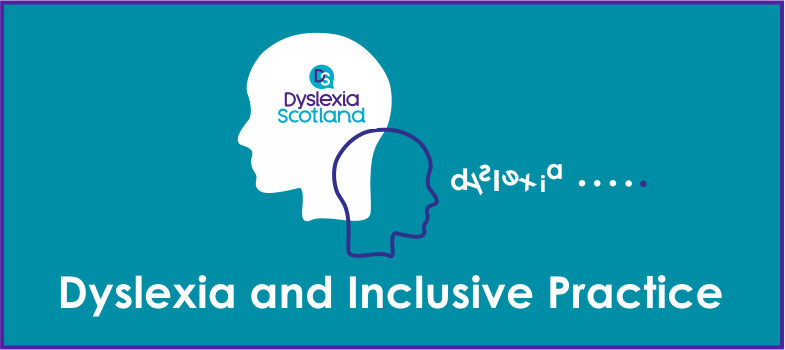Glossary of terms
Special | A | B | C | D | E | F | G | H | I | J | K | L | M | N | O | P | Q | R | S | T | U | V | W | X | Y | Z | ALL
L |
|---|
Learning difficultyAlso referred to as Specific Learning Difficulties (SpLDs) affect the way information is learned and processed. They are neurological (rather than psychological), usually hereditary and occur independently of intelligence. They can be a hidden disability if has a significant impact on the individuals day to day life. Learning difficulties include:
| |
Learning disabilityA learning disability affects the way a person understands information and how they communicate. Around 1.5m people in the UK have one. This means they can have difficulty:
A learning disability can be mild, moderate or severe. Some people with a mild learning disability can talk easily and look after themselves, but take a bit longer than usual to learn new skills. A learning disability is not the same as a learning difficulty or mental illness | |
LiteracyThe set of skills which allows an individual to engage fully in society and in learning, through the different forms of language, and the range of texts, which society values and finds useful. (Curriculum for Excellence) | |
Literacy circlesReading and writing circle developed by the Addressing Dyslexia Toolkit
working group. The circles aim to support teachers understanding of literacy
skills and identify areas of strength and difficulties in a learner with whom
they are working. | |
LiterateThe ability to communicate by reading, writing, and
listening and talking. | |
Logographic scriptsLogographic script is characterised by alphabets that
contain a large number of signs or pictorial symbols. | |
Looked afterIn Scotland a child is looked after when he or she is: (a) Provided with accommodation by a local authority under section 25 of the 1995 Act; or (b) subject to a supervision requirement made by a children's hearing, in terms of section 70 of the 1995 Act; or (c) Subject to an order, authorisation or warrant made under Chapter 2, 3 or 4 of Part II of the 1995 Act, and according to which the local authority has responsibilities in respect of the child. These include a child protection order, a child assessment order, an authorisation from a justice of the peace to remove a child to a place of safety or maintain a child in a place of safety, removal to a place of safety by a police constable, or a warrant to keep a child in a place of safety made by a children's hearing or a sheriff; or (d) Living in Scotland and subject to an order in respect of whom a Scottish local authority has responsibilities, as a result of a transfer of an order to it under the Children (Reciprocal Enforcement of Prescribed Orders) etc. (England and Wales and Northern Ireland) (Scotland) Regulations 1996. These 1996 Regulations were made under section 33 of the 1995 Act; or (e) Subject to a permanence order made after an application by the local authority under section 80 of the 2007 Act. | |
For further information, take a look at our frequently asked questions which may give you the support you need.
If you have any concerns about anything on this site please get in contact with us here.
